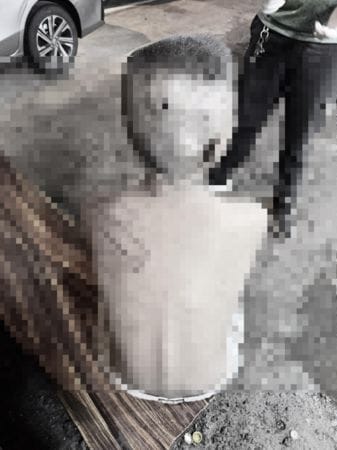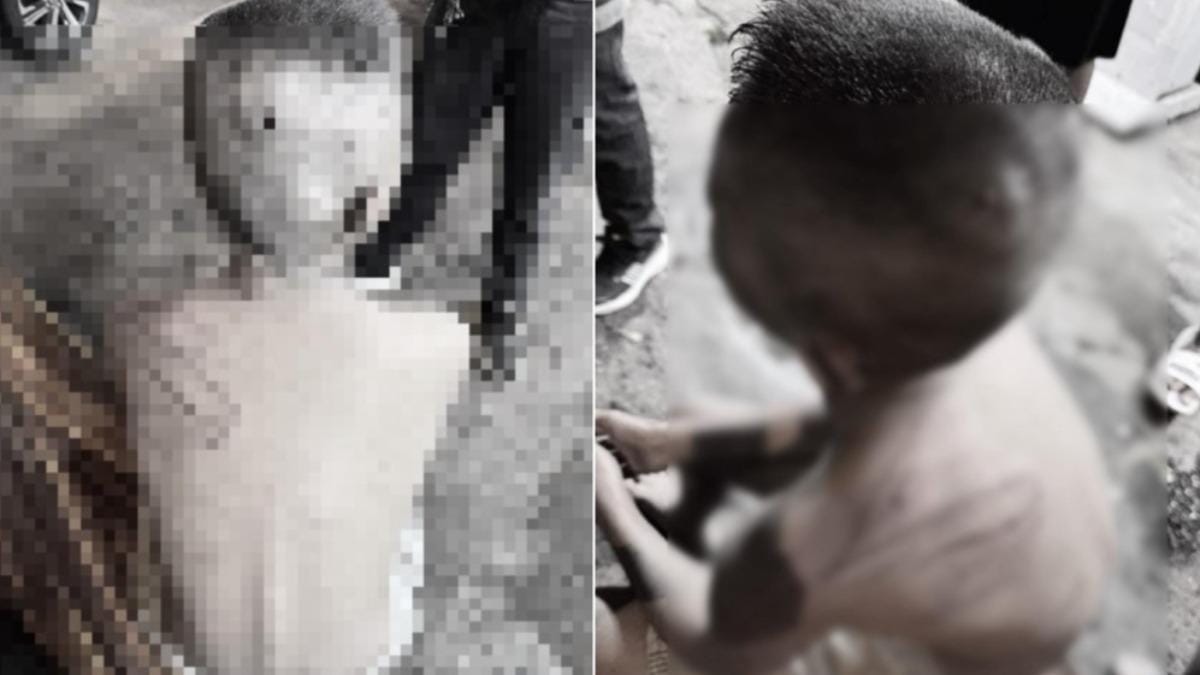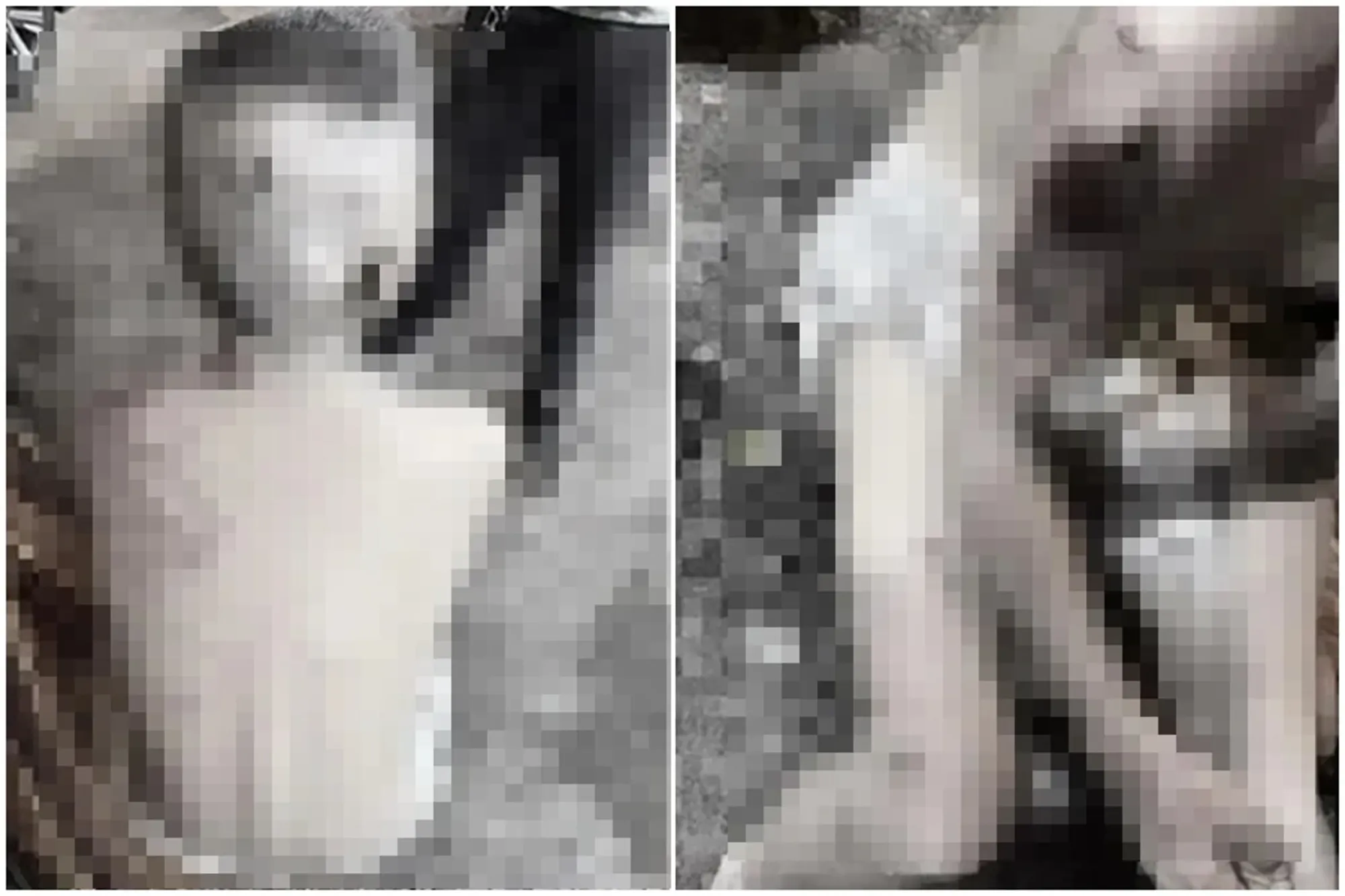13-year-old boy beaten by mother for molesting 8-year-old sister
A disturbing case from Thailand reveals the deep complexities of child abuse, trauma, and family breakdown, raising urgent questions about intervention and care.

The Case That Shakes Our Conscience
Child abuse stories often leave us with a profound sense of concern, but the recent case from Nakhon Ratchasima, Thailand, pushes us to ask some difficult questions about family, trauma, and justice.
A 13-year-old boy severely beaten by his own mother sought refuge from neighbors, covered in blood. This chilling scene segued into the revelation that he was convicted of sexually assaulting his 8-year-old half-sister multiple times. This tragic drama illuminates the terrible intersections of abuse, neglect, and desperation.

Family Breakdowns and Emotional Overload
The mother, who has four children from different men, reportedly lost control of her emotions when she learned the horrific truth from the young daughter. Her subsequent actions—violently beating her son, asking police to imprison him, and severing ties—showcase a heartbreaking fracture in family bonds.
While her pain is understandable 😢, such actions raise crucial questions. Is abandonment or punishment the only response to juvenile offenders? Could these behaviors stem from untreated psychological trauma, making rehabilitation and care a better path?

The Role of Trauma and Environment
Non-profit founder Chalida Palamart (帕拉玛) points out that such deviant behavior may arise from previous trauma. This theory invites a wider perspective: How much do environmental factors, including exposure to harmful online content, influence children's behavior? 📱The digital age adds another layer of vulnerability, especially for at-risk youth.
This leads us to ponder: Are we, as a society, adequately equipped to intervene with empathy and expertise? Or do we too often resort to punishment without addressing underlying issues?
Child Protection and Moving Forward
The Nakhon Ratchasima Child and Family Protection Center intervened by separating the mother and children, an immediate but temporary solution. Meanwhile, police investigations continue, signaling the complexity and delicacy of such cases.
Long-term solutions must involve trauma-informed care, mental health support, and family counseling to break the cycle of abuse. Only then can we hope to heal wounds that go far beyond the physical.
In Conclusion: A Call for Compassionate Action
This distressing case isn't just news; it's a mirror reflecting broader social challenges. It forces us to reflect on the ways trauma shapes young lives, the limits of punishment, and our collective responsibility to protect vulnerable children.
As uncomfortable as it may be, these conversations are essential for forging a more compassionate, effective child welfare system. 💬




